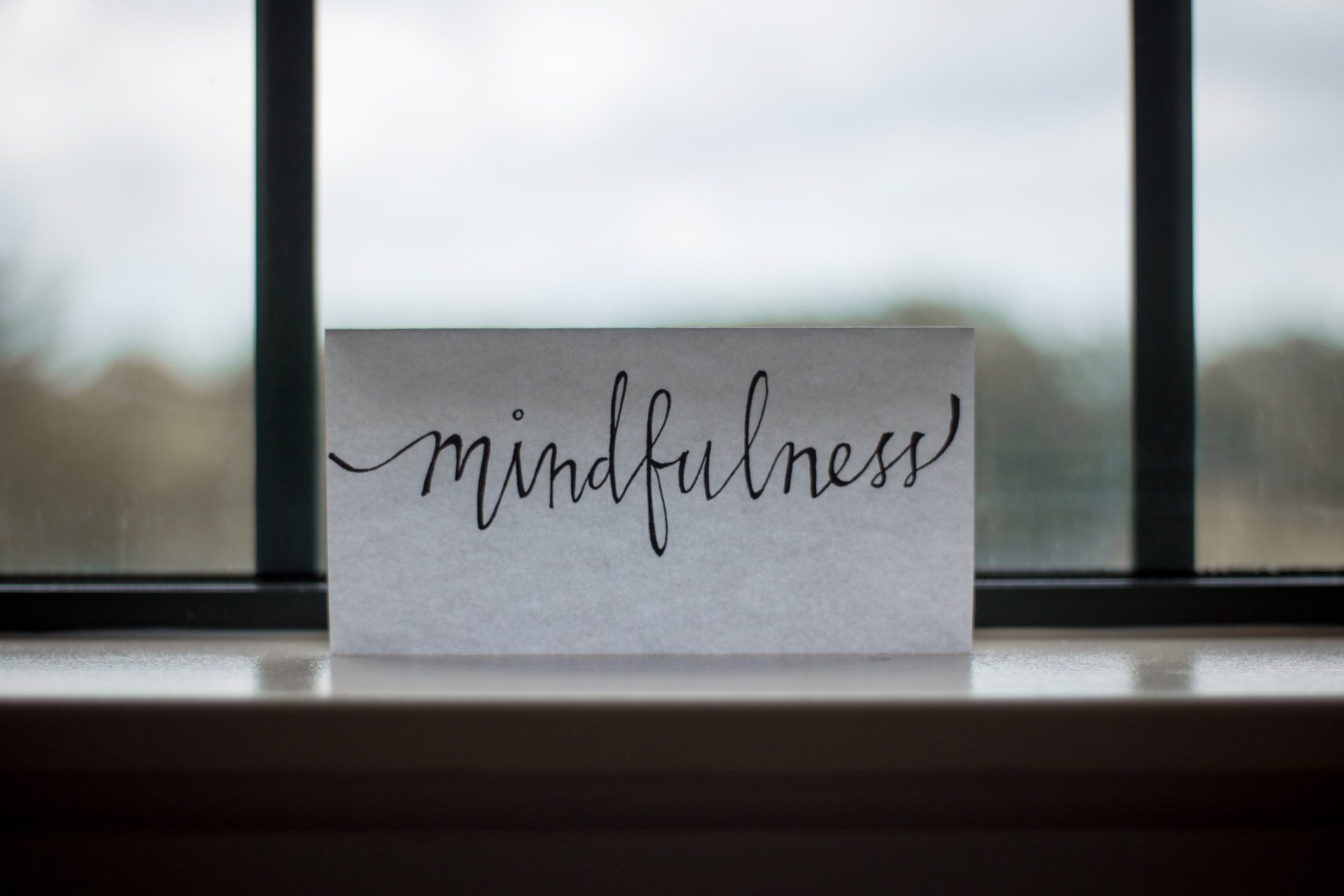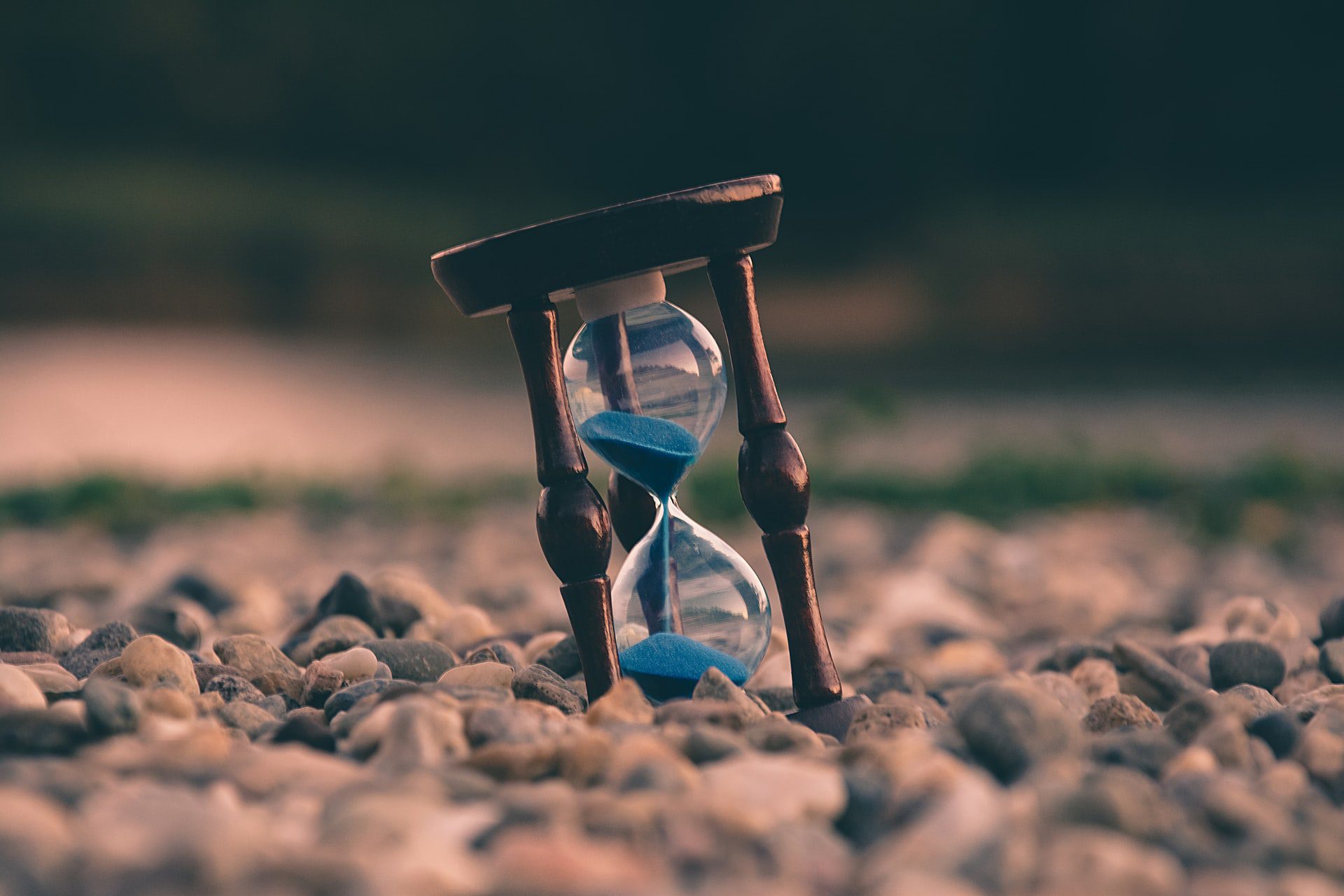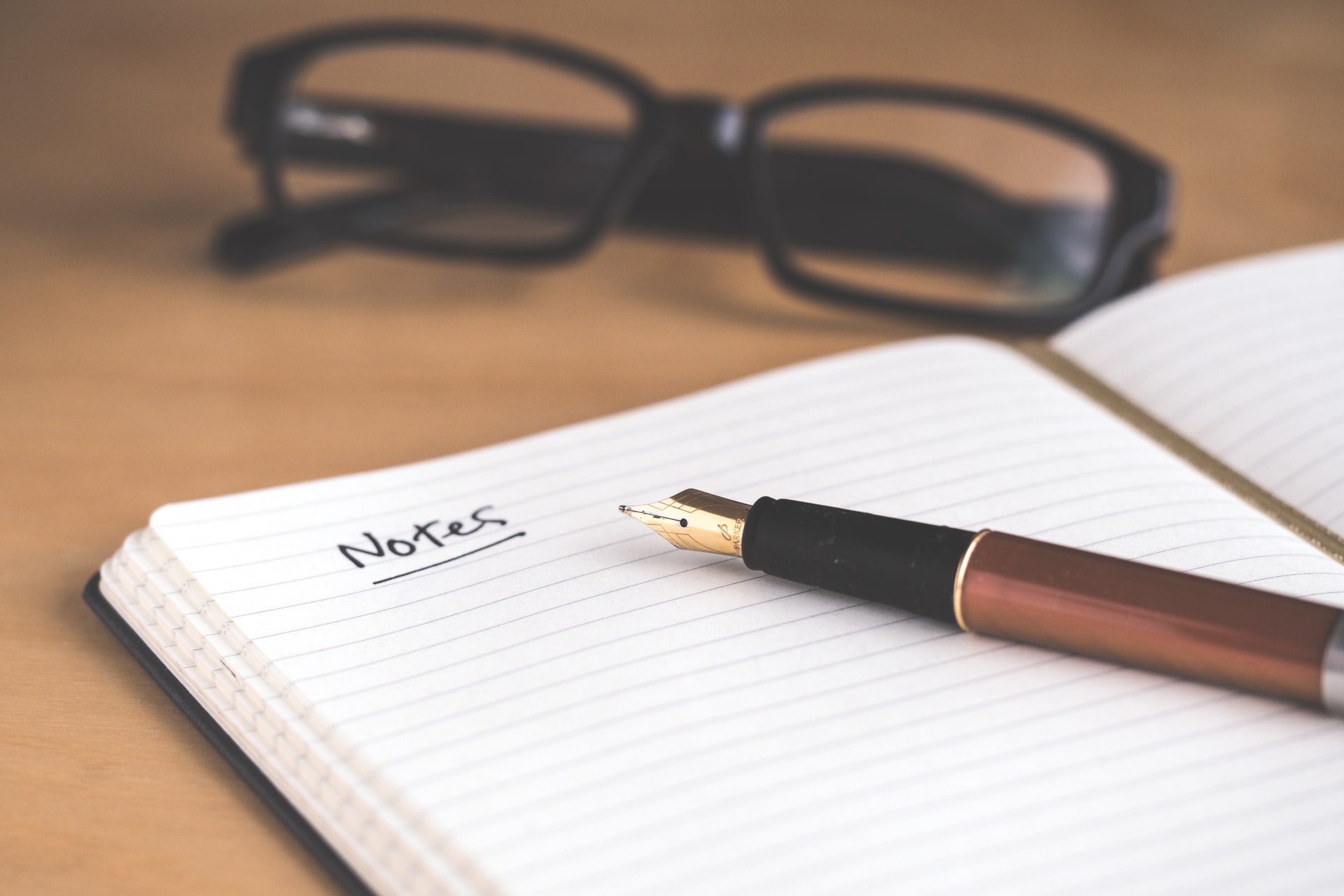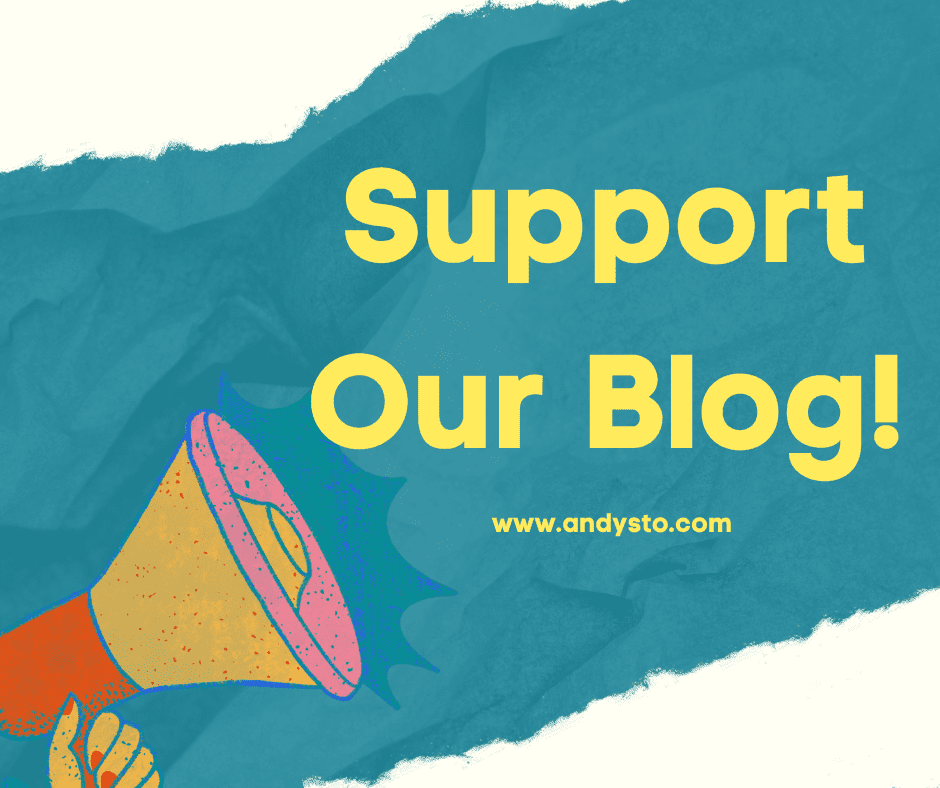|
|
A digital detox is a period of time when you take a vacation from the digital devices that overwhelm our lives.
This can look different for different people. Some people step away from everything and won’t even look at their smartphone, television, or laptop. Others might just step away from the worst drains on their time and mental health such as social media and Netflix, and restrict their screen usage at certain times, such as in the evenings and on weekends.
The idea is that it is good for our mental health to take a break from the constant connectivity that characterizes modern life. We do not need to be available and “switched on” 24 hours a day.
It also means that we can focus on what is happening in our lives in the “real world” present, rather than being distracted by constant inflammatory news and the fake levels of perfection that we often encounter on platforms such as social media.
It can also help with the increasingly common problem of addiction to devices, and the compulsive need to check notifications and see what is happening elsewhere in the world.
But, when a digital nomad’s lifestyle is defined by the ability to be connected, should digital nomads be interested in taking a digital vacation? And is it even realistically possible?
Do Digital Nomads Need Digital Detox?
Digital connectivity is one of the defining characteristics of the digital nomad lifestyle. It is this connectivity that allows us to work anywhere in the world and pursue and build our chosen careers without the need to be tied to a certain location.
It can also be an essential tool in maintaining our mental health. It is the digital devices that dominate modern life that allow us to stay in touch with family and friends and fight the loneliness and isolation that can also be a part of the digital nomad lifestyle.
But digital nomads can be just as susceptible to the risks of constant digital connectivity as everyone else.
Digital devices can disrupt sleep as the light that screens give off can undermine natural circadian rhythms, making it hard to sleep and easy to keep scrolling through additive feeds. No one wants to wake up too tired to work or enjoy the exotic location that you are temporarily calling home.
Research has also found that using social media in bed, something that 70% of people do, can cause not only insomnia, but also anxiety.
Excessive screen time, especially on mobile devices, has also been linked with reduced attention span and diminished ability to concentrate. This can impact our overall brain health, and even lead to the development of serious conduct disorders.
Constant connectivity makes it difficult to maintain the balance between work and life, something that can already be challenging for digital nomads who are often already working unsociable hours.
Even when you are living the enviable life of a digital nomad, social media has been shown to make it hard to be content as you are forced to compare your life to the ostensible life of strangers that has been edited to appear in the best possible light.
This can feed fear of missing out syndrome, which can feed a constant need to check your device, and perhaps make it more difficult to be separated from your nearest and dearest by vast distances.
Finally, the point of the digital nomad lifestyle is to be able to experience the best that the world has to offer. But it is hard to be present in the moment, truly appreciate what is in front or you, and make genuine connections with new people, if your attention is constantly being pulled elsewhere by the pull of digital devices.
To feel even safer from the possible negative consequences of stress and anxiety, make sure you have medical insurance coverage for the duration of your journey; there are providers like SafetyWing who cater specifically to digital nomads with special travel and medical insurance packages.

Do You Need a Digital Detox?
But what are the warning signs that digital devices and constant connectivity are starting to have a negative impact on your life, and that you might need to do something about it?
While everyone is different, there are a few common signs that might indicate that you could benefit from thinking about your digital habits.
- You feel anxious or stressed when your phone is not nearby or has run out of battery.
- You feel compelled to check your devices for notifications every few minutes and feel afraid that you will miss something if you are unable to check your notifications.
- You find it hard to concentrate on tasks and constantly break your concentration by checking notifications.
- You have negative feelings after you spend time on social media.
- You worry about the number of likes, comments, shares, and similar stats on your social media posts.
- You often stay up later than you would have liked on one of your digital devices.
- You constantly have the urge to look at your device rather than focus on what is happening around you, even when you are doing something interesting.
- You constantly compare you and your life to the things that you see online.
Any one of these symptoms suggest that you could benefit from changing your digital habits. Two of more could indicate that it is time that you committed to a serious digital detox.

How To Do A Digital Detox as a Digital Nomad?
But just because you may have identified that you are a digital nomad that could benefit from a digital detox doesn’t mean that it is easy to do.
It can be hard to stick to rules about when you check emails or notifications from clients when time zones mean that it might be reasonable for them to try and get in touch with you at unsociable times.
It can be hard to say that you will stay off social media if this is one of the main ways that you keep in touch with the people that you care for back home.
It can be hard to not obsess about social media performance when your social media activity is one of your main sources of income.
So, how do you do it?

Be realistic
If you are a digital nomad, the chances are that it will be difficult for you to completely disconnect, but don’t become discouraged by the fact that this probably isn’t possible for you. Instead focus on what you can do and making small changes that can make big improvements to your relationship to digital connectivity.
Take mini breaks
While it may not be realistic to take a week off from all your digital devices, you might be able to take a day off. Commit to not looking at your devices one day a week, for example every Sunday.
Be selective
While it might not be realistic to disconnect from your email or your slack, there are things that you can switch off.
If you find that you aren’t meeting new people because you prefer to stay safe in your accommodation with Netflix, then cancel your subscription to the streaming service.
If you find that it is social media that keeps you up at night and leaves you feeling depressed, remove the apps from your phone, or download applications that allow you to limit the time that you spend on social media.
If you need to used social media for work, or it is one of the ways that you stay in touch, then slim down your usage. Use the “close friends” options that most social media platforms provide to focus on the content that is important to you and filter out the noise.
If you use social media for work, use professional tools that let you focus on the things that are important to you, and don’t get distracted by other things.
Set time limits
While you might not be able to limit your availability to traditional “office hours”, you can still choose the hours that you are connected and available.
While you might need to be contactable at midnight for U.S. or European clients, you don’t need to be contactable all the time. You can choose one or two days of the week when you are available for immediate contact in that time zone.
As long as you are clear with your clients about your availability, most people will respect the lines that you set.

Have rules
If the desire to be connected is impacting your ability to enjoy the here and now, then set clear rules for yourself.
No looking at your device during meals or when you are with other people. Prioritize the people who are present in the room with you.
Turn off notifications when you are exploring a new place or relaxing on a beach somewhere.
Need to take pictures of sights for your blog or social media? Turn off Wi-Fi and data so that you can use your phone as a camera without the intrusion of notifications every time you look at your screen.
Make it work for you
Whatever you do, make changes that work for you. These can be temporary changes that you keep in place for a few weeks to give yourself a break, of they can be permanent changes that you make to your digital habits to try and improve your lifestyle.
Don’t be afraid to experiment. Try something for a minimum of two weeks to see if it works for you. If it doesn’t, then trying something else. There is no magic formula that works for everyone.

The Verdict
While new digital technologies have made the digital nomad lifestyle possible, we are just as vulnerable to the potential pitfalls of the overuse of technology as everyone else. But awareness is the first step in making sure that your digital tools serve to enrich your life rather than detract from it. All it takes is a few small tweaks and a bit of self-discipline.











